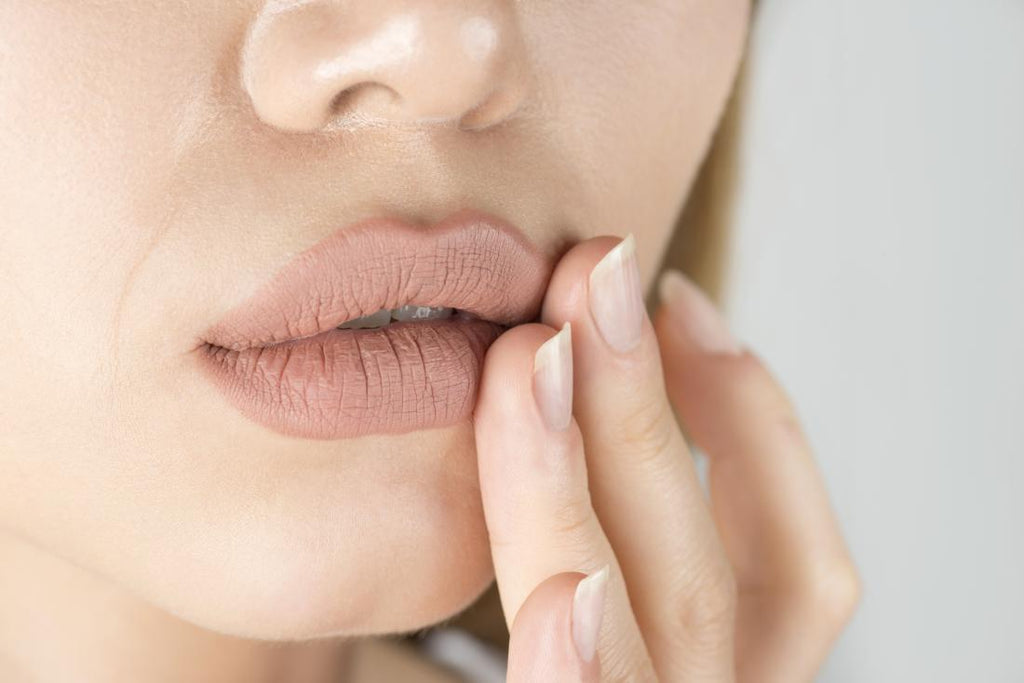
Thrush, medically known as candidiasis, is a common fungal infection caused by the overgrowth of Candida yeast. While it's typically not a serious condition, the recurrence of thrush can be a cause for concern, especially when it affects intimate relationships. If your girlfriend is experiencing frequent bouts of thrush, it's essential to delve into the various factors that could contribute to this recurring issue.
The Basics of Thrush
Before we explore the reasons behind recurrent thrush, let's establish a foundational understanding of what thrush is. Thrush is caused by the Candida species, most commonly Candida albicans. These fungi are naturally present in the human body, residing in the digestive tract, skin, and genital areas.
Under normal circumstances, the balance of bacteria and yeast in the body is maintained, preventing the overgrowth of Candida. However, when this delicate balance is disrupted, it can lead to an overgrowth of yeast, resulting in thrush.
Common Symptoms of Thrush
Itching and Irritation
One of the most common symptoms is itching and irritation in the affected area.
Discharge
In women, thrush can cause a white, thick discharge resembling cottage cheese.
Redness and Swelling
The affected area may appear red and swollen.
Painful Urination or Intercourse
Thrush can cause discomfort during urination or sexual intercourse.
Exploring the Causes of Recurrent Thrush
Antibiotic Use
Antibiotics are designed to eliminate harmful bacteria, but they can also disrupt the balance of good bacteria in the body. This imbalance creates an environment conducive to the overgrowth of Candida, leading to thrush.
Weakened Immune System
A compromised immune system makes it difficult for the body to regulate the growth of Candida. Conditions such as HIV, diabetes, or autoimmune disorders can weaken the immune system, increasing the likelihood of recurrent thrush.
Hormonal Changes
Fluctuations in hormone levels, particularly during pregnancy, menstruation, or the use of oral contraceptives, can create conditions favorable for the overgrowth of Candida.
Diabetes
Uncontrolled diabetes, characterized by elevated blood sugar levels, provides an ideal environment for yeast overgrowth. Managing diabetes is crucial in preventing recurrent thrush.
Poor Hygiene Practices
Inadequate genital hygiene can contribute to the recurrence of thrush. It's essential to maintain good hygiene practices, including regular bathing and wearing breathable underwear.
Dietary Factors
A diet high in sugar and refined carbohydrates can promote the growth of Candida. Adopting a balanced diet that supports a healthy microbial balance is crucial in preventing recurrent thrush.
Sexual Transmission
While thrush is not classified as a sexually transmitted infection (STI), it can be passed between sexual partners. Practicing safe sex and maintaining good genital hygiene can help reduce the risk of transmission.
Addressing Recurrent Thrush
Medical Consultation
If your girlfriend is experiencing recurrent thrush, it's essential to consult with a healthcare professional. They can conduct tests to determine the underlying cause and prescribe appropriate antifungal medications.
Probiotics
Incorporating probiotics into the diet or taking supplements can help restore the balance of good bacteria in the body. Probiotics promote a healthy microbial environment, reducing the risk of thrush.
Dietary Changes
Adopting a diet low in sugar and refined carbohydrates can create an environment less conducive to yeast overgrowth. Emphasizing whole foods, fruits, and vegetables supports overall health and helps prevent thrush.
Hygiene Practices
Maintaining good genital hygiene is crucial in preventing the recurrence of thrush. Encourage regular bathing, wearing breathable underwear, and avoiding harsh soaps or douches.
Partner Involvement
If the recurrent thrush is believed to be sexually transmitted, both partners should be involved in the treatment process. It may be necessary for both individuals to undergo treatment to prevent reinfection.
Final Words
Recurrent thrush can be a frustrating and uncomfortable experience for your girlfriend and can strain intimate relationships. However, by understanding the various factors that contribute to thrush and taking proactive steps to address them, it is possible to break the cycle of recurrence.
Encourage open communication with your healthcare provider to explore personalized solutions based on your girlfriend's specific situation. Remember, addressing the root causes, maintaining a healthy lifestyle, and incorporating preventive measures can significantly reduce the likelihood of recurrent thrush, promoting both physical and emotional well-being.
In conclusion, supporting your girlfriend through this experience, seeking professional guidance, and implementing lifestyle changes can empower both of you to manage and overcome recurrent thrush effectively.
